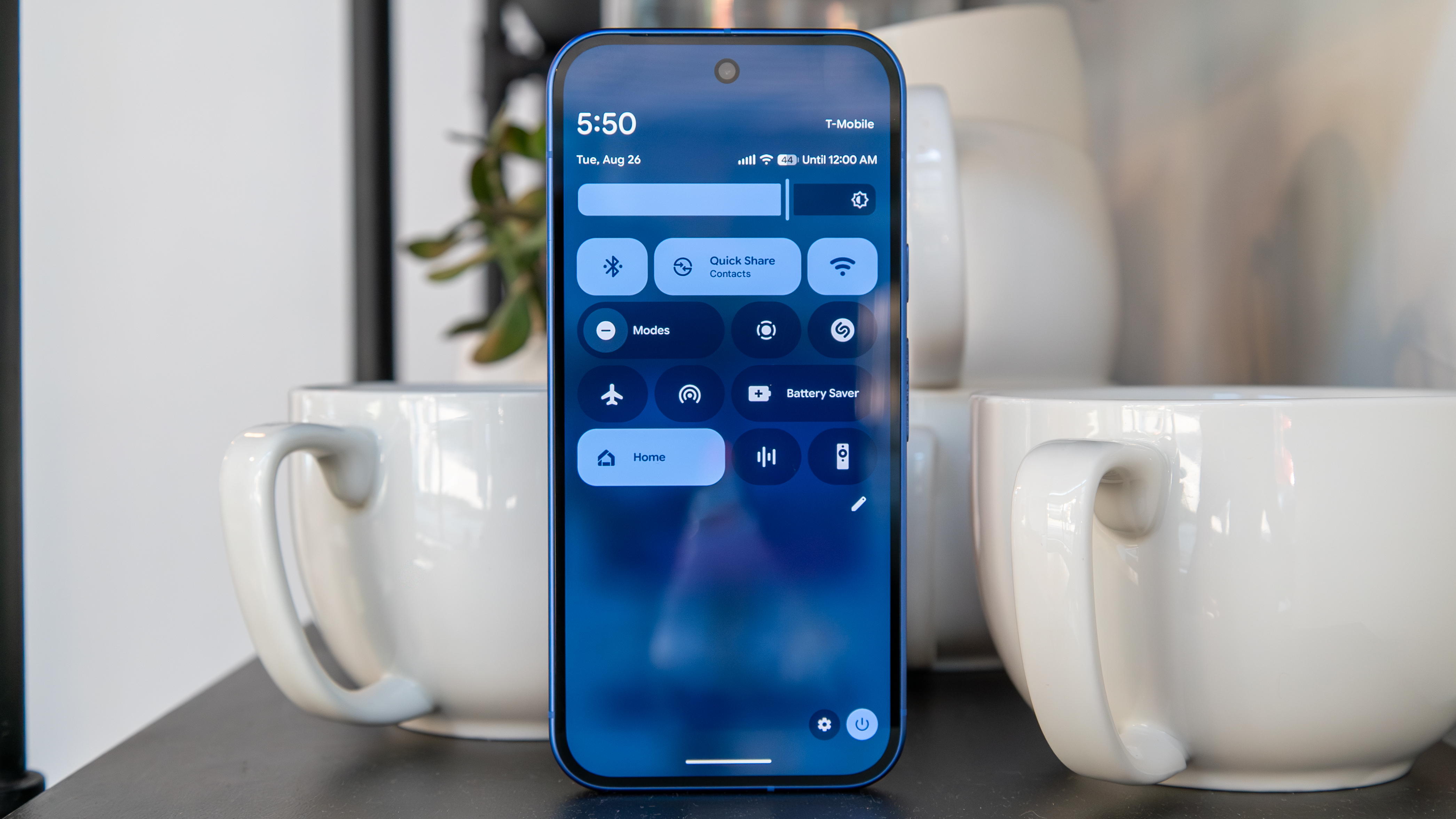Samsung Galaxy S21 Plus vs. iPhone 12 Pro: Which should you buy?
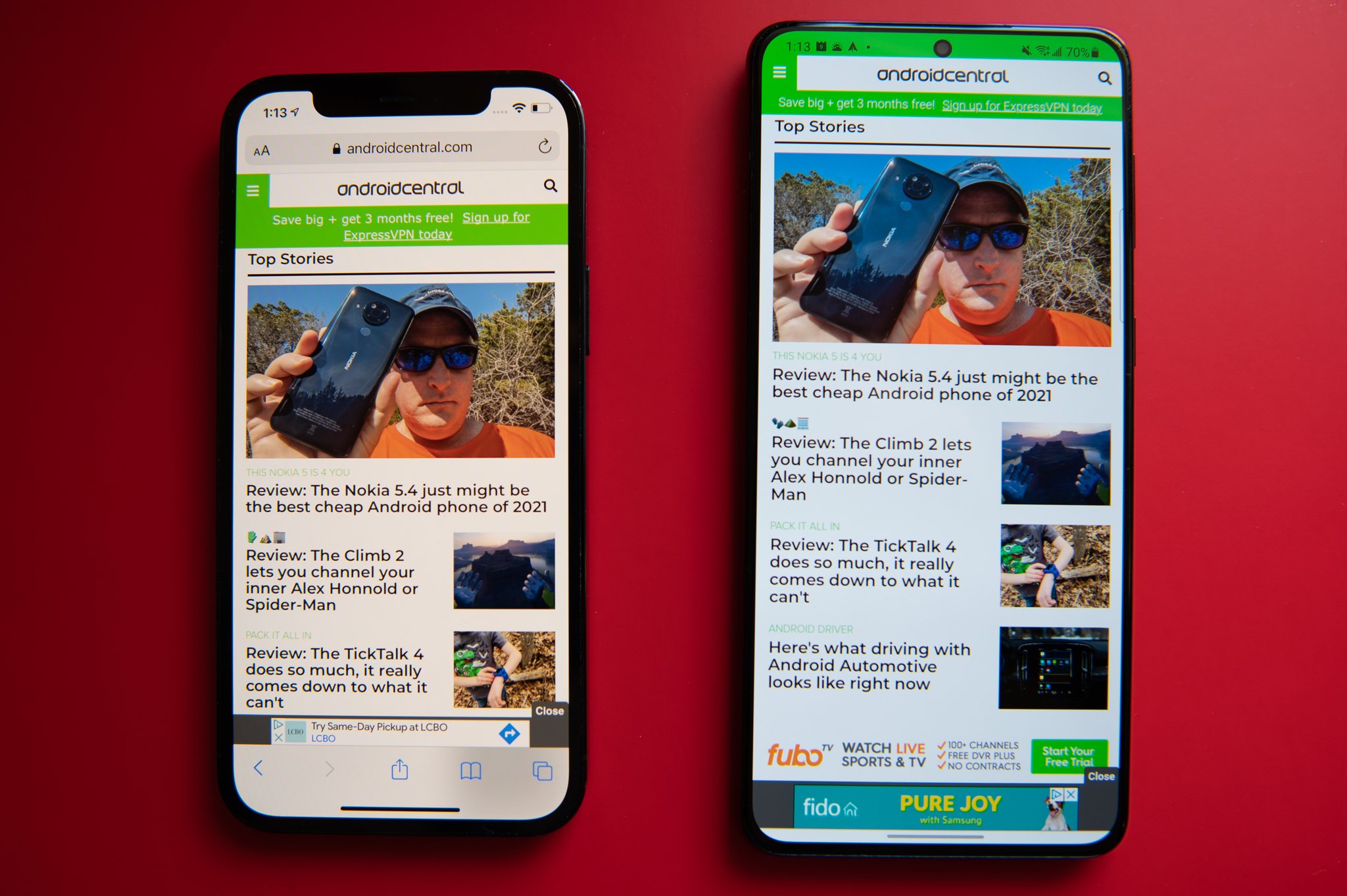
Samsung Galaxy S21+
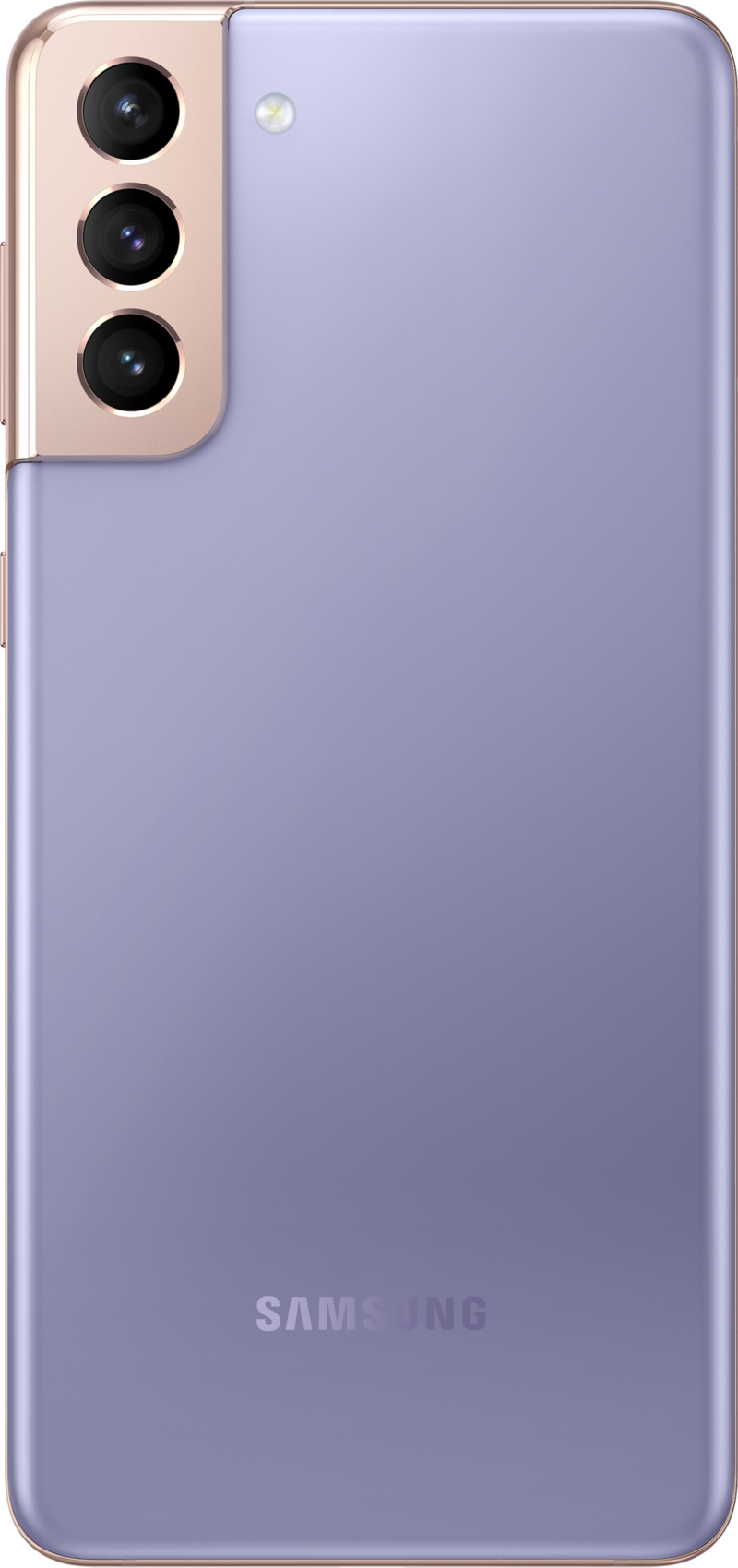
The Samsung Galaxy S21+ is a great phone in 2021. The Snapdragon 888 processor, the large gorgeous display, and the great camera setup all combine into one of the best phones you can buy in 2021.
Samsung Galaxy S21+
Not quite ultra
Apple iPhone 12 Pro
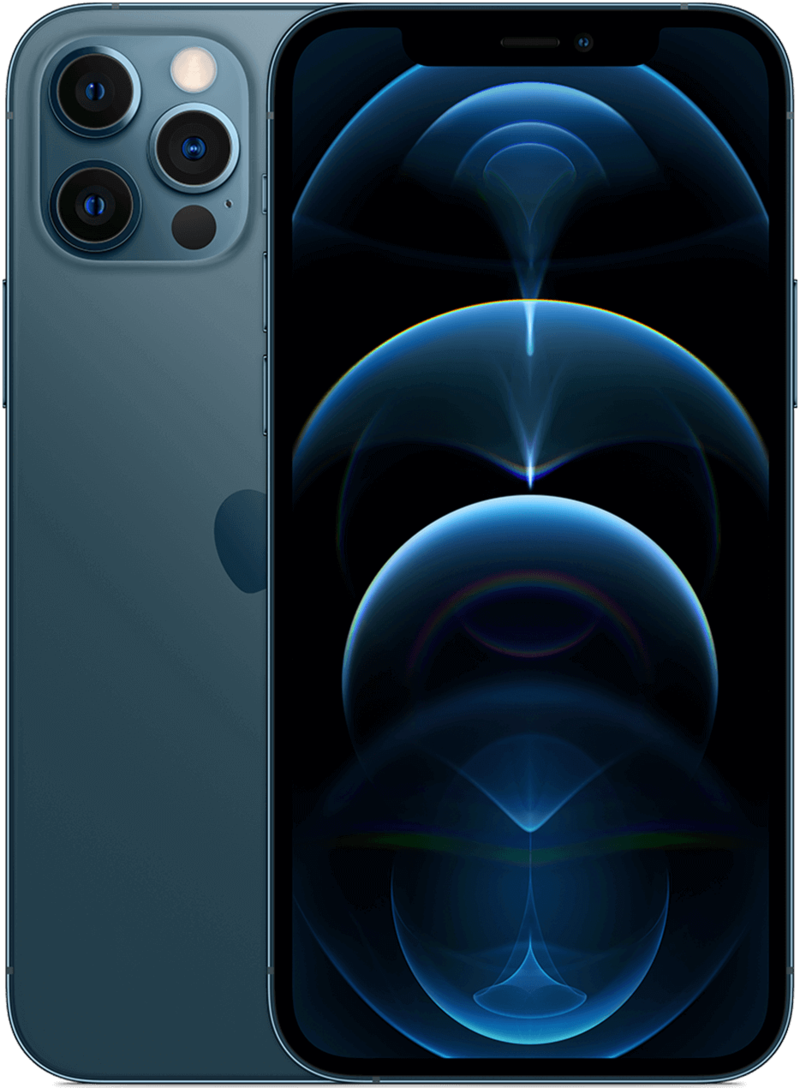
Apple's flagship phones this year come loaded for bear with Apple's latest A14 processor, a great screen, and a great camera with amazing video capture. Apple took a page from its iPhone 4 design language with a much more squared-off design that gives it a classic look and the Pacific blue finish is just gorgeous.
Apple iPhone 12 Pro
Not quite max
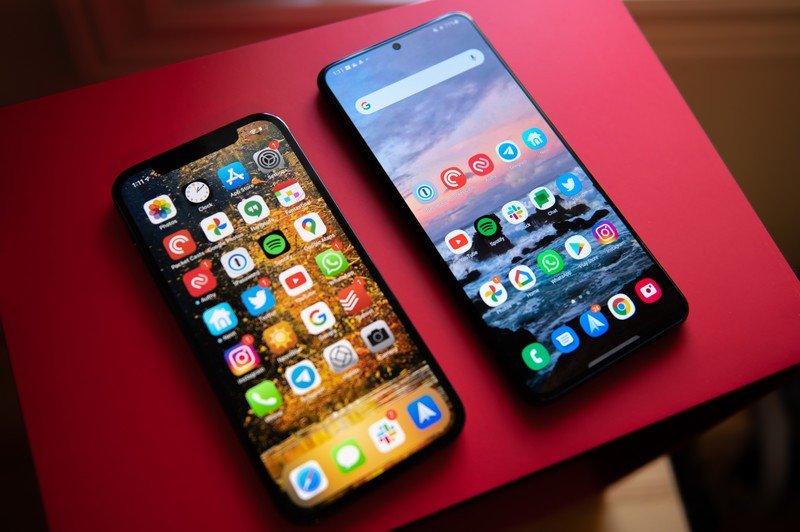
On the surface, the decision of whether to buy an iPhone 12 Pro or a Samsung Galaxy S21+ seems straightforward. One just needs to ask the question: "What did you have before this?" That's probably going to be your best answer. But there are so many assumptions there that we can't just let the past dictate our future.
You've probably considered all the best Android smartphones out there. Maybe you're not happy with your current device. Perhaps you're looking for a change. Maybe you didn't have a Samsung or Apple device and you've decided to join the crowd. Whatever the case, and for the sake of covering all bases, we're going to look at Apple's and Samsung's second-best phones and compare them side by side. We'll start with the numbers.
Samsung Galaxy S21+ vs. iPhone 12 Pro: What are the differences?
The first commonality you have between the two phones is their announced price. Both came in at just a dollar below the comma. With a similar price tag on both phones, you would think you'd get a similar experience on both sides, and for the most part that's the case.
| Header Cell - Column 0 | Samsung Galaxy S21+ | iPhone 12 Pro |
|---|---|---|
| Dimensions | 161.5x75.6x7.8 mm | 146.7x71.5x7.4 mm |
| Water-resistance | IP 68 | IP 68 |
| Display | 6.7-inch AMOLED 120 Hz | 6.1-inch Super-retina OLED 60 Hz |
| Platform | Android 11, One UI 3.1 | iOS 14.1 |
| Chipset | Qualcomm Snapdragon 888 | Apple A14 bionic |
| Memory | 6/8 GB | 6 GB |
| Storage | 128/256 | 128/256/512 GB |
| Main Camera | 12 MP (wide) | 12 MP (wide) |
| Ultrawide Camera | 12 MP, 120 degrees | 12 MP, 120 degrees |
| Telephoto Camera | 64 MP (1.1x optical 3x hybrid zoom) | 12 MP (2x optical) |
| Selfie camera | 10 MP | 12MP |
| Battery | 4800 mAh | 2815 mAh |
There's one key difference that doesn't really show up on the spec sheet. They both run different operating systems! The key difference here comes in the form of app store "expandability." In short, you can install apps from outside the app store on both phones, but it's dramatically easier on Android phones. Jailbreaking iPhones is still a thing, but it's really not for the faint of heart. But of course, there are several differences in the hardware as well.
There are a few numbers that stick out here like a sore thumb, so let's run them down point by point. We'll start with RAM and storage. Neither phone supports memory cards. For Samsung, that's a recent change. Base storage starts at 128 GB for both phones, but while the Samsung Galaxy S21+carries 8GB of RAM, the iPhone has just 6GB of RAM. That may not sound like a huge difference, but in the world of Android, it can be. Fortunately, Apple is not playing in the world of Android. As a result, the iPhone can handle tough tasks just as well as the S21+. 6GB of RAM suits the iPhone just fine.
Get the latest news from Android Central, your trusted companion in the world of Android
If you ask somebody here if you should buy the iPhone 12 Pro or the Samsung Galaxy S21+, there's a reason we're called Android Central.
The battery capacity of the two phones couldn't be more different with the Galaxy S21+ carrying a hefty 4,800 mAh battery and the iPhone toting a paltry 2,815 mAh of juice. On the surface that seems like a clear win on the side of the Samsung phone, but testing on the iPhone puts it at around a two-day phone with light to medium usage. In short, if you forget to charge either phone before you hit the sack, you're probably going to be ok. So while the numeric difference is stark, the actual real-world consequences here are fairly minor.
The last major difference you'll see between the two phones is in the screen. The Samsung towers over the iPhone with a 6.7 inch AMOLED screen with a dynamic refresh rate that tops out at 120 Hz. This frankly makes Samsung a clear winner over the iPhone's 6.1-inch screen at 60 Hz. Two arguments in favor of the iPhone are that 120 Hz isn't that much of a difference-maker (it is) and that the iPhone's pixel density at 460 PPI is higher than Samsung's at 394 PPI (but not by much). There's really no other way to put it except that the Galaxy S21+ is the clear winner here unless you happen to want a smaller screen.
Samsung Galaxy S21+ vs. iPhone 12 Pro: Top of the line silicon
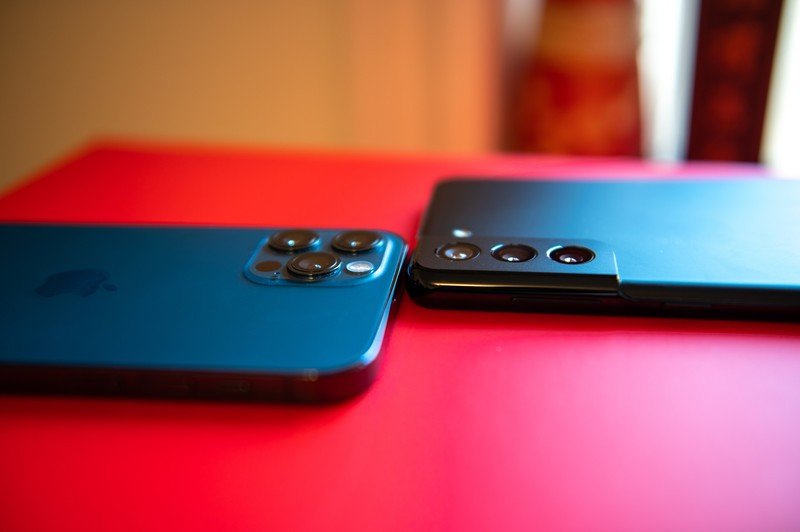
Both the Samsung Galaxy S21+ and the iPhone 12 Pro have the best processors in their own classes. The Qualcomm Snapdragon 888 processor is tops on the Android circuit while the Apple A14 processor tops out the iOS platform. Both are built on the 5nm process and benchmarks are a mixed bag. The Snapdragon outperforms the A14 in some benchmarks while the A14 outperforms the Snapdragon in others. They're both insanely fast and capable of doing a lot of heavy lifting on their own. It's hard to say one is clearly better than the other when it comes to raw power.
But when you dig a little deeper, you start to see some differences, specifically in terms of camera. We'll talk about camera performance a bit later, but it's fair to say the processor is a big part of that story. The Snapdragon 888 is capable of recording 8K video at 30FPS while the A14 maxes out at 4K at 60FPS. The A14 handles more audio formats, though both cover the common ones like AAC, AIFF, MP3, etc.
Early benchmarks indicate that the Snapdragon 888 is better in terms of battery life, likely due to its construction. At the risk of drastically oversimplifying, the A14 chip has two fast cores and four slower cores while the Snapdragon has a more distributed architecture of fast, medium, and slower cores which can help with battery life.
Samsung Galaxy S21+ vs. iPhone 12 Pro: A photo finish
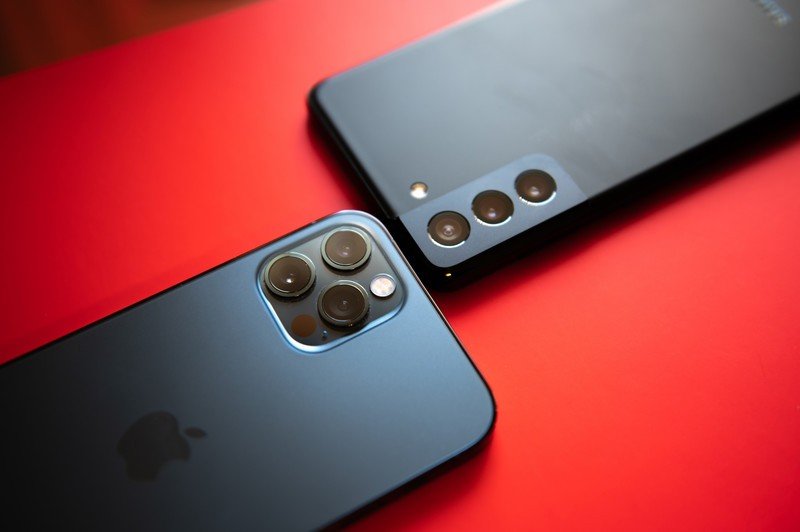
The cameras on these phones are pretty great on both sides. Colors, dynamic range, and HDR are all awesome, as one would expect from both Apple and Samsung's top-of-the-line phones. Both cameras catch a ton of detail even in ultrawide and using the telephoto lens. On the Samsung, the telephoto zoom goes up to a 3x hybrid, while the iPhone 2x zoom is purely optical. The result is a slightly sharper image at 2x on the iPhone than you'll get on the Samsung at 3x. It's not a terribly huge deal, but it's worth mentioning.




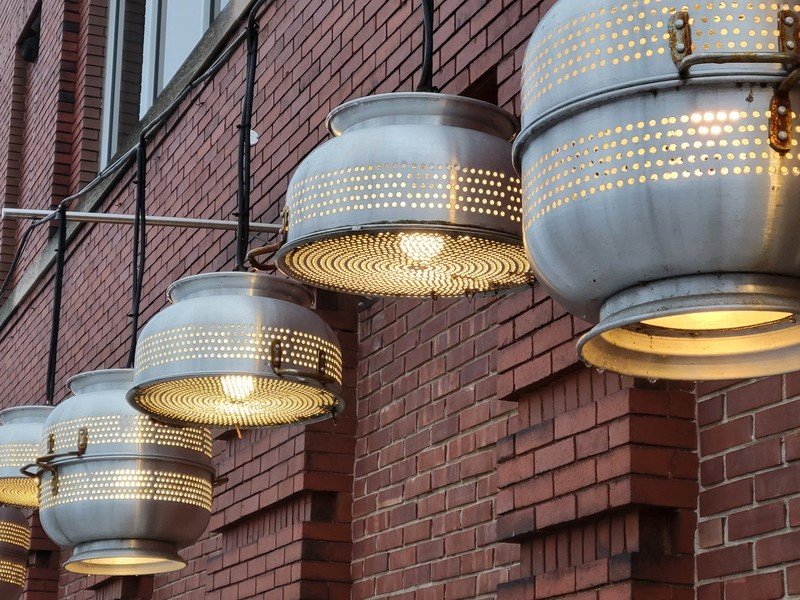





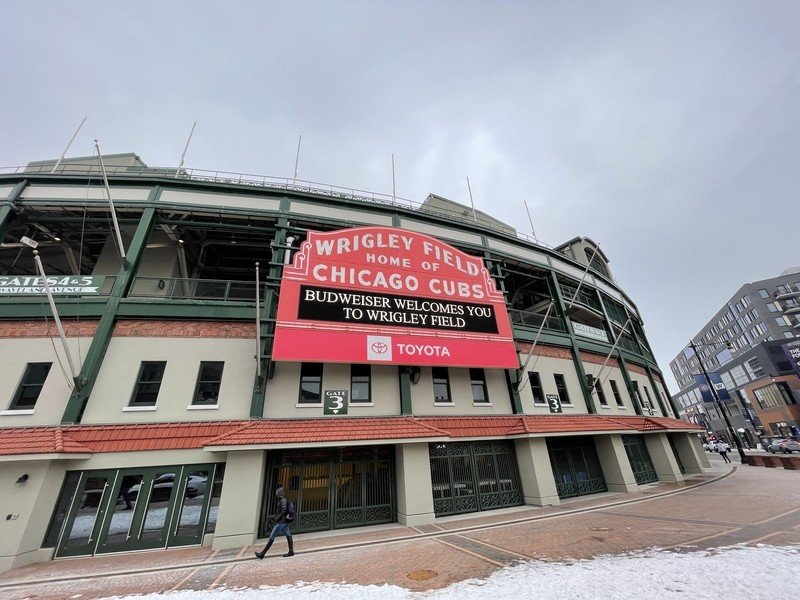
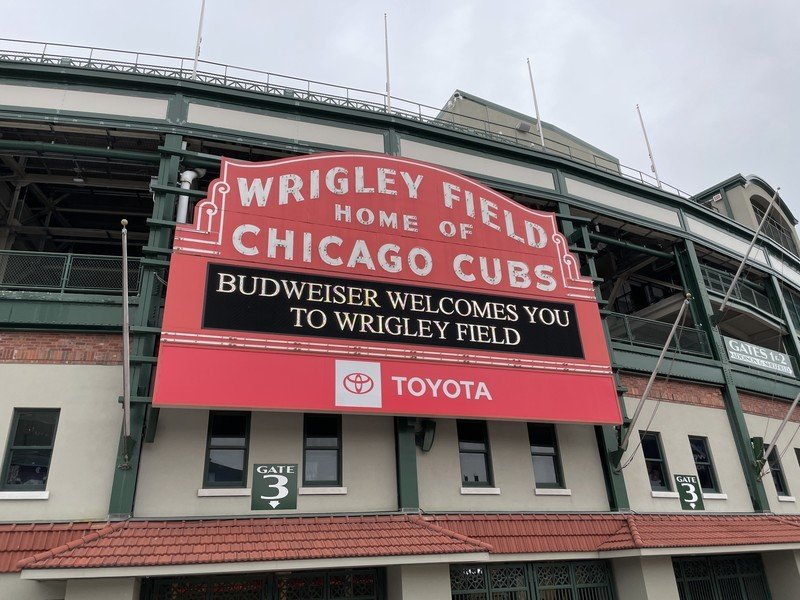
Also worth mentioning is the change in colors you get when switching between iPhone lenses. Apple spent a lot of time at its event bragging about how the switch between lenses is seamless as you move from ultrawide to wide to telephoto. That hasn't been our experience with our samples. Again, it's not a huge swing, but a noticeable change in color tone from one to the other. Meanwhile, Samsung keeps its admittedly oversaturated colors very similar between the lenses.
Both cameras are capable of pushing past their zoom lenses with Samsung's 30X Space zoom and the iPhone's 10x zoom which lacks a clever marketing name, Neither is particularly good at those levels, but you can give a slight edge to Samsung. Overall, we have to call the camera differences a push.
Samsung Galaxy S21+ vs. iPhone 12 Pro: Wrapping it up
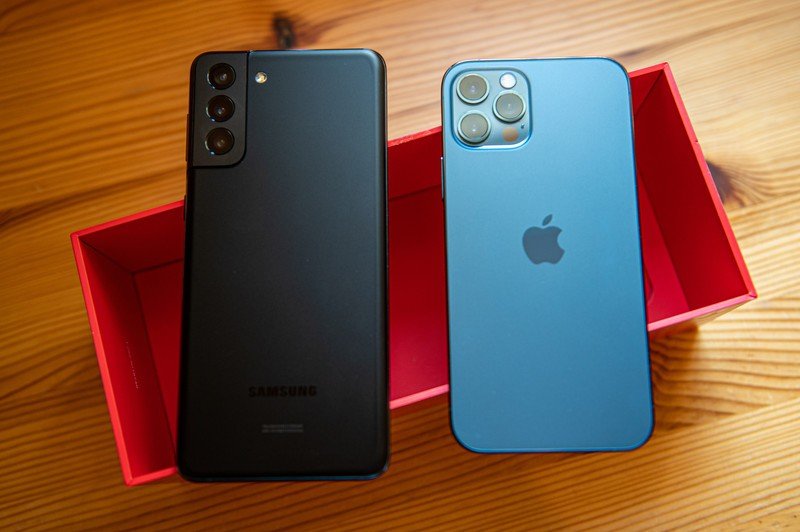
The bottom line here is both of these phones are really great. You really cannot go wrong with either one. They're both the second-best offering from their respective top-tier manufacturers. Frankly, it's hard to go wrong. Both manufacturers offer a tremendous amount of longevity on their devices, which Samsung recently announcing four years of security updates to all Galaxy phones. iPhones famously last at least that long with OS updates.
If you're a pixel peeper, you will absolutely love the display on the Samsung Galaxy S21+. The 120 Hz refresh rate alone is worth the price of admission. If you hate notches, look at Samsung. If you prefer standardized chargers, even if they don't come in the box, Samsung gets your vote with the USB Type-C port. If you're a Windows PC user, Samsung and Microsoft are very cozy these days.
If you want a simple operating system that "just works" the iPhone is a great one. If you want a healthy ecosystem of accessories designed specifically for your phone, the iPhone takes the cake. If you're a Mac user, it's hard to beat the interoperability between Apple devices. You can tell your computer to tell your iPhone to take a photo and import it into the document your working on. It's pretty slick.
If you ask somebody here if you should buy the iPhone 12 Pro or the Samsung Galaxy S21+, there's a reason we're called Android Central. But several of our writers and editors here carry iPhones on a semi-regular basis because it's like having the other team's playbook. The best way to evaluate your contemporaries is to see how they stack up against their peers and in the case of these two phones, it's a very close competition.

There's a lot to like in Samsung's 2021 flagship
Samsung's latest smartphone offerings range from great to ultra, and this one lies in the middle. It carries Qualcomm's latest processor, the Snapdragon 888, 8GB of RAM and starts at 128 GB of storage. Add to that a 120 Hz screen and beefy 4,800 mAh battery, and four years of software updates, and this phone just keeps going.

One step down from the best, but still a pro
Apple's late 2020 iPhone lineup stacks up favorably against Samsung's early 2021 phones. This phone has a smaller, but more pixel-dense screen, a smaller battery that lasts just as long, and a similar camera setup. Apple's phones tend to last forever with years of software upgrades, but you need to live in Apple's walled garden.

Adam has been writing and podcasting the mobile tech space for almost a decade. When he's not writing, he hosts the Benefit of the Doud podcast, spends way too much time on Twitter, and redesigns his office space over and over.
